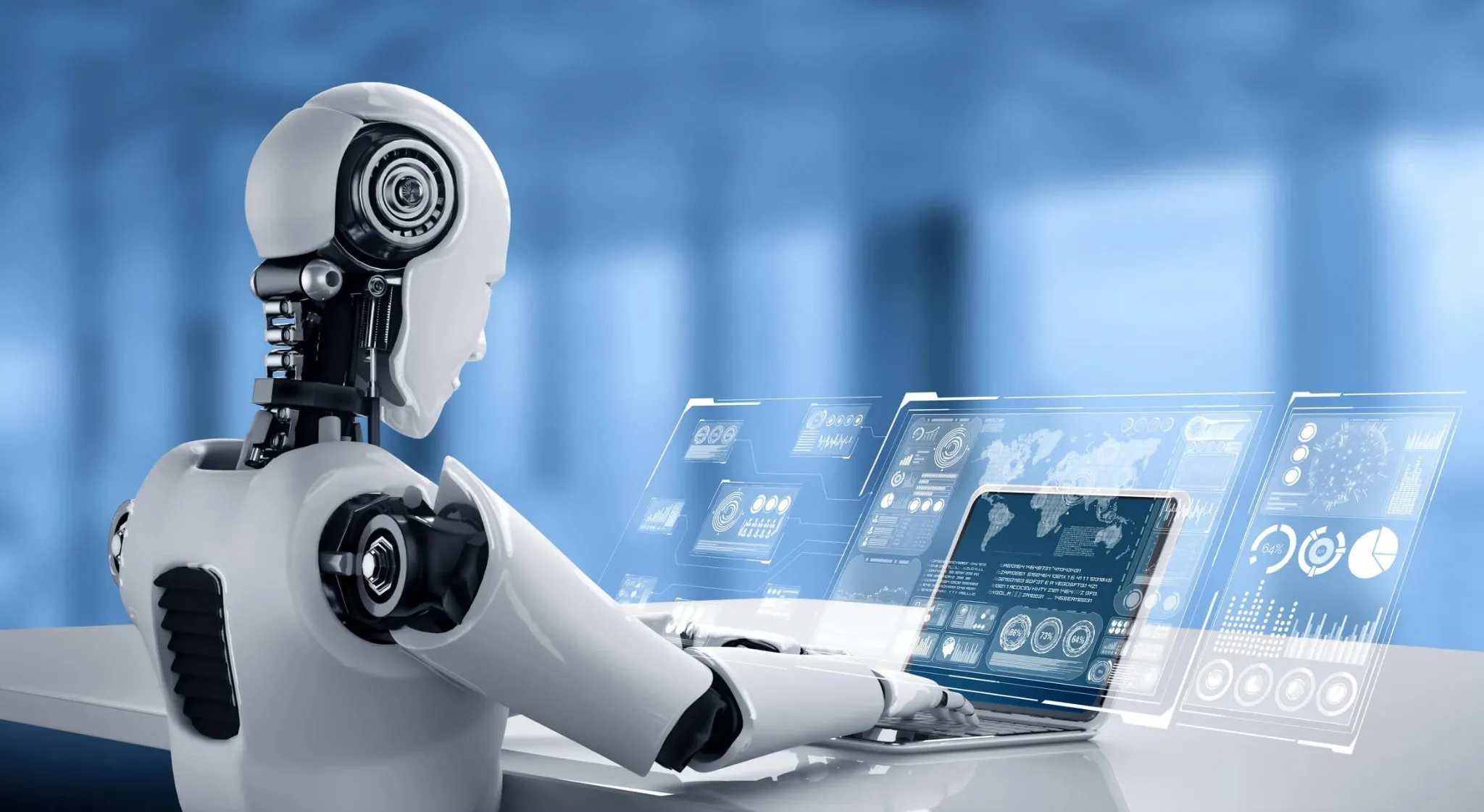Introduction:
In the evolving education landscape, artificial intelligence (AI) has emerged as a transformative force, offering advanced tools that cater to individual learning needs. These AI-powered educational tools have proven invaluable in helping students not only acquire knowledge but also develop critical skills, promote personal growth, and build confidence. Let’s explore the impact of AI in education through various aspects.
Personalized learning experiences:
AI-powered adaptive learning platforms analyze individual student performance and tailor learning content accordingly. This personalized approach ensures that each student progresses at their own pace, reinforcing concepts they find difficult and allowing them to explore advanced topics when ready. This adaptation accommodates diverse learning styles, providing a more effective and engaging learning experience.
Improved student engagement:
Interactive AI tools, such as virtual tutors and gamified learning applications, engage students and make the learning process more enjoyable. By incorporating elements of play and exploration, these tools turn learning into an interactive and dynamic experience. Increased engagement leads to better retention of information, helping students build a stronger knowledge base.
Quick feedback for improvement:
AI-powered assessment tools provide instant feedback on assignments and quizzes. This rapid feedback loop allows students to identify and quickly correct errors, reinforcing a deeper understanding of the material. Continuous feedback promotes a growth mindset, teaching students that mistakes are a natural part of the learning process and an opportunity for improvement.
Development of critical thinking skills:
AI tools facilitate the development of critical thinking skills by encouraging problem-solving and analytical reasoning. Educational software that presents real-world scenarios and challenges encourages students to think critically and apply theoretical knowledge to practical situations. This approach not only enhances academic performance but also equips students with essential skills for future endeavors.
Accessing resources outside the classroom walls:
AI extends education beyond the confines of traditional classrooms. Virtual libraries, online courses, and AI-powered collaboration platforms enable students to access many resources. This expanded access not only complements classroom learning but also encourages self-directed exploration, creating a sense of curiosity and independence in students.
Inclusive Learning Environment:
AI tools contribute to creating inclusive learning environments by addressing diverse learning needs. For students with different abilities, AI can provide tailored resources, accommodations, and alternative learning formats. This inclusion ensures that every student has the opportunity to succeed, regardless of their challenges or strengths.
Building confidence through skills:
As students progress through personalized learning paths, they gain a sense of mastery over the content. Mastering concepts at their own pace builds confidence, motivating students to take on more challenging tasks. This positive reinforcement creates a self-sustaining cycle of learning, growth, and increased self-esteem.
Identifying and setting goals:
Skills development begins with a clear understanding of personal or professional goals. By setting specific, achievable goals, individuals can outline the skills needed to reach those milestones. This goal-based approach provides a roadmap for skill acquisition, offering a concrete and measurable way to track progress.
Learning and continuous development:
Embarking on the journey to mastery requires a commitment to learning. Whether it’s technical skills, soft skills, or a combination of both, the process of learning fosters a sense of accomplishment. Continuous growth in knowledge and skills plays an important role in building confidence as individuals see tangible evidence of their emerging abilities.
Challenges Overcome:
Skill development is rarely a linear process. Challenges and failures are inevitable. However, every obstacle provides an opportunity for learning and resilience. Successfully navigating adversity strengthens the ability to overcome obstacles, creating a sense of resilience that helps build self-esteem.
Feedback and Improvements:
Getting constructive feedback is an important aspect of skill development. Constructive criticism helps individuals understand areas for improvement and provides a road map to hone their skills. The iterative process of receiving feedback, making adjustments, and witnessing improvement builds a sense of competence and confidence in one’s abilities.
Result:
Artificial intelligence in education is not just about leveraging technology. It’s about transforming the learning experience for students. By providing personalized, engaging, and comprehensive tools, AI empowers students not only to acquire knowledge, but to develop critical skills, growth, and confidence. As educators and learners continue to embrace these developments, the future of education promises to be dynamic, adaptive, and full of opportunities for all. READ MORE
